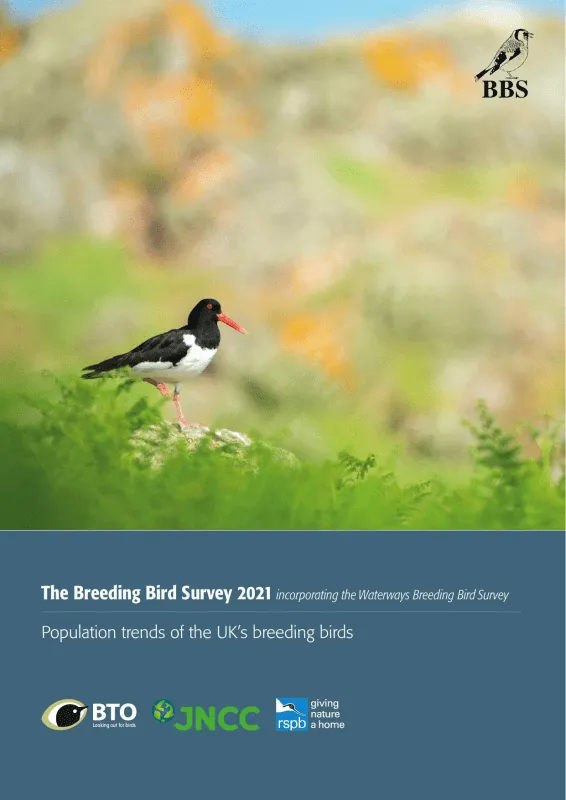BTO create and publish a variety of important articles, papers, journals and other publications, independently and with our partners, for organisations, government and the private sector. Some of our publications (books, guides and atlases) are also available to buy in our online shop.
Annual report of the Seabird Monitoring Programme
Seabird Population Trends and Causes of Change: 1986–2023
This report presents the latest seabird population trends in breeding abundance and productivity using data from the Seabird Monitoring Programme (SMP).
The report documents changes in the abundance and productivity of breeding seabird species in Britain and Ireland from 1986 to 2023, and provides a detailed account of the 2021, 2022 and 2023 breeding seasons.
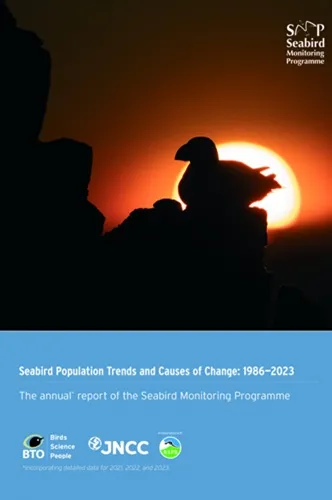
Search settings
Urban and coastal breeding lesser black-backed gulls (Larus fuscus) segregate by foraging habitat
Author: Langley, L.P., Bearhop, S., Burton, N.H.K., Banks, A.N., Frayling, T., Thaxter, C., Clewley G., Scragg, E. & Votier, S.C.
Published: 2022
A collaboration between BTO, Natural England and University of Exeter researchers has used GPS-tracking technology to compare the movements and habitat use of Lesser Black-backed Gulls breeding at neighbouring coastal and urban colonies in Cumbria, northern England. The study found that the distance birds covered making foraging trips and the size of their 'home ranges' - the area that an individual bird uses on a daily basis during foraging, breeding and roosting activities - differed between the urban and coastal colonies and revealed a marked segregation in habitat choice.
11.07.22
Papers
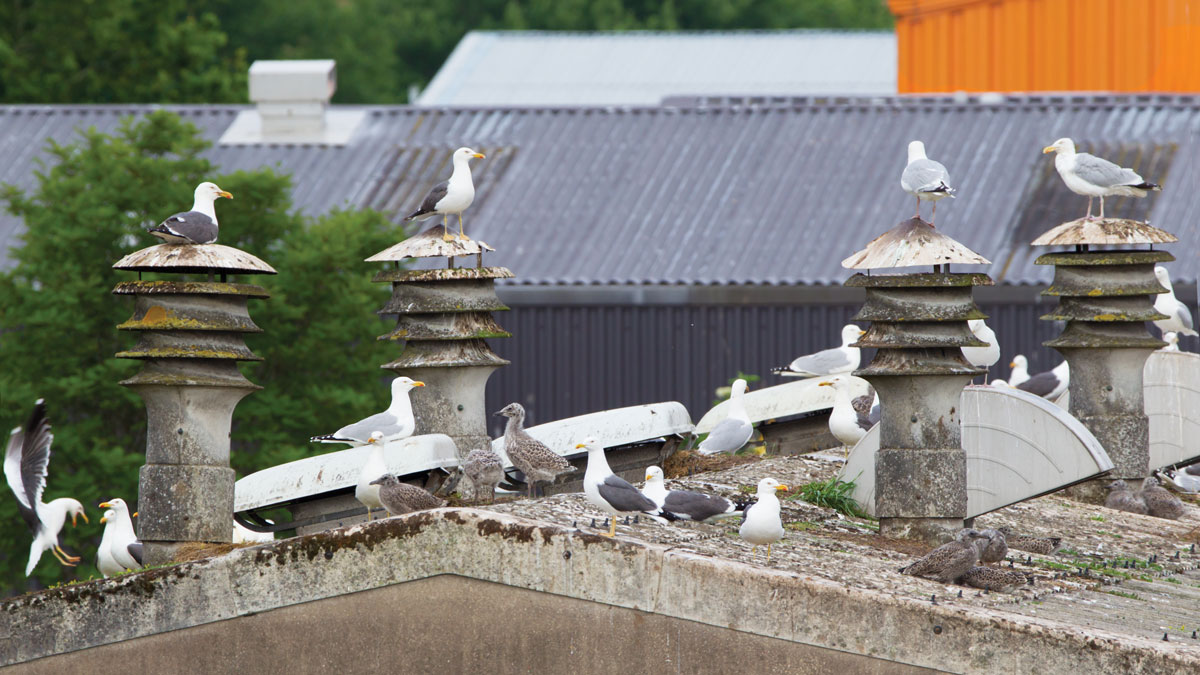
Breeding ground temperature rises, more than habitat change, are associated with spatially variable population trends in two species of migratory bird
Author: Martay, B., Pearce-Higgings, J.W., Harris, S.J. & Gillings, S.
Published: 2022
BTO research has examined the effects of climate change and habitat loss on the population trends of Willow Warbler and Chiffchaff. These closely related songbirds, tricky to distinguish by eye, share breeding grounds across the UK but migrate to different wintering grounds. While Chiffchaffs mainly migrate to south-west Europe and north-west Africa, with a small number remaining in the UK, Willow Warblers head across the Sahara to the humid zone in central Africa.
03.07.22
Papers
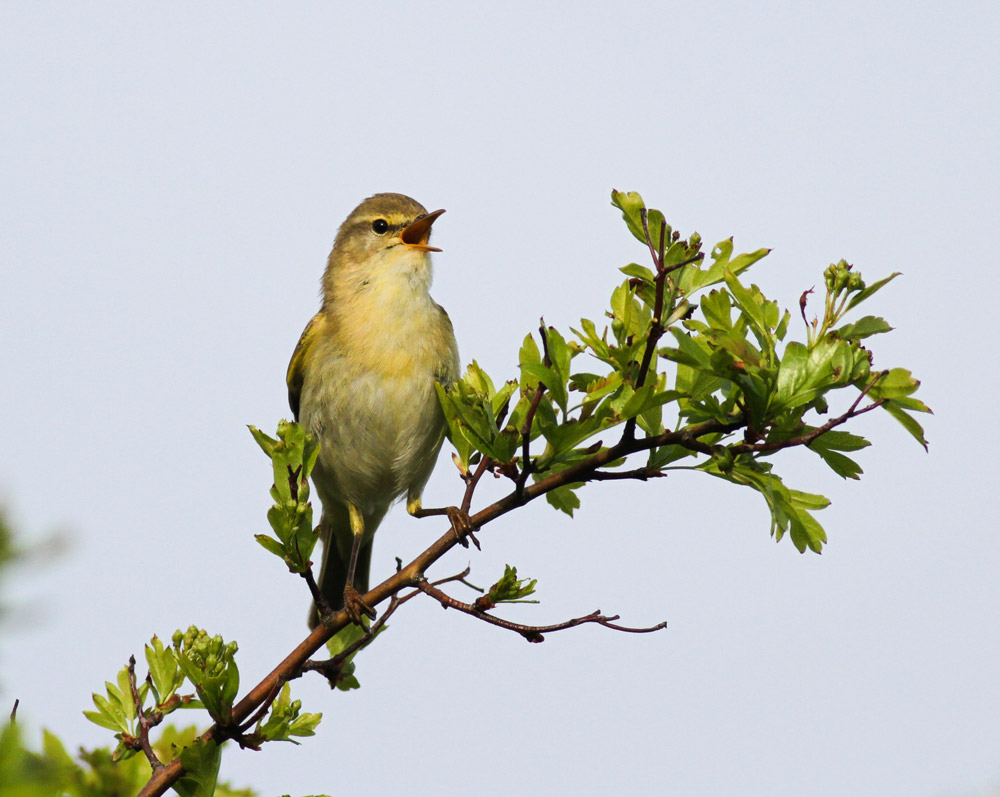
Relative roles of static and dynamic abiotic conditions as drivers of foraging behaviour in breeding Sandwich Terns
Author: Fijn, R.C. Thaxter, C.B., Geert Aarts, G., Adema, J., Middelveld, R.P. & van Bemmelen, R.S.A.
Published: 2022
New research involving BTO used GPS tagging to examine Sandwich Tern foraging behaviour during the breeding season. Like other seabirds, Sandwich Terns are so-called ‘central place foragers’ while they are incubating eggs and feeding chicks, shuttling to and from their nest site in search of food. However, successfully finding food on each trip away from the nest requires navigating a continually changing marine environment and relocating moving prey.
30.06.22
Papers
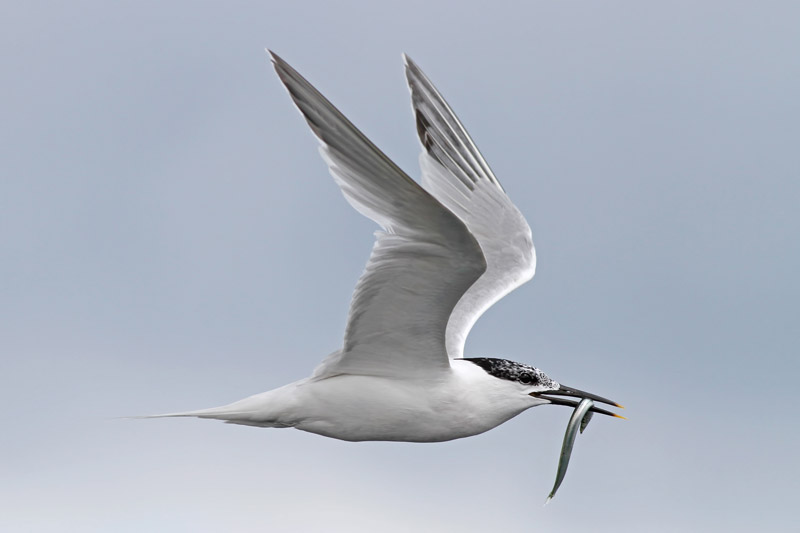
A 30,000-km journey by Apus apus pekinensis tracks arid lands between northern China and south-western Africa
Author: Zhao, Y., Zhao, X., Wu, L., Mu, T., Yu, F., Kearsley, L., Liang, X., Fu, J., Hou, X., Peng, P., Li, X., Zhang, T., Yan, S., Newell, D., Hewson, C. M., Townshend, T., Åkesson, S., and Liu, Y.
Published: 2022
The Swift is widely distributed with a cross-continental breeding range spanning Europe and large parts of Asia and north Africa. Until recently, Swift migration research has focused on populations which breed in Europe and north-western Africa (the apus subspecies), leaving the migration of birds breeding throughout Asia (the pekinensis subspecies) shrouded in mystery.
29.06.22
Papers

The Breeding Bird Survey 2021
Author: Harris, S.J., Massimino, D., Balmer, D.E., Kelly, L., Noble, D.G., Pearce-Higgins, J.W., Woodcock, P., Wotton, S. & Gillings, S.
Published: 2022
23.06.22
Reports BBS Report
